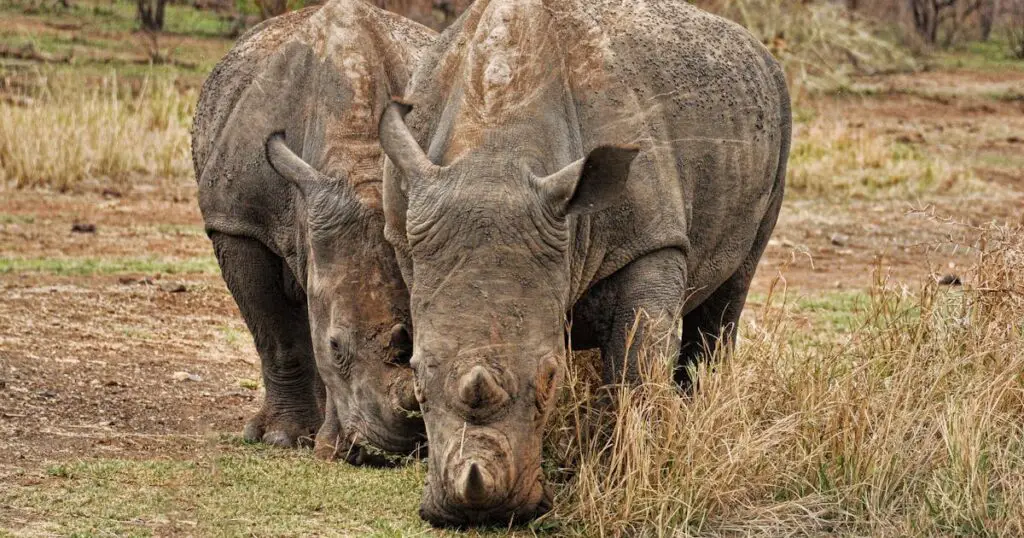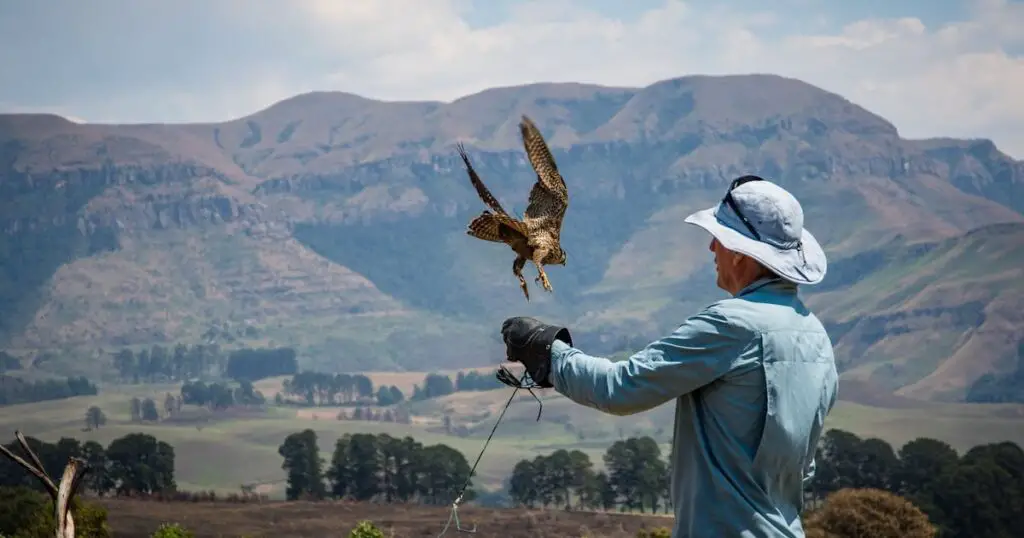Key Takeaway: Wildlife conservation is vital for preserving biodiversity, supporting ecosystem health, and maintaining natural balance, which benefits our communities, cultural heritage, and overall well-being.

Welcome, dear readers! Whether you are a local resident, a cultural enthusiast, or simply someone who cares about the well-being of our planet, this article is for you. Today, we will be discussing one of the most pressing issues facing our world today – wildlife conservation.
Wildlife conservation refers to the protection and preservation of animals and their habitats. It involves ensuring that all living creatures have a safe and healthy environment to thrive in. This may seem like an obvious goal, but sadly, it is not always the case. Human activities such as deforestation, pollution, and poaching have led to a rapid decline in many animal populations around the world.
But why should we care? Isn’t it enough to just live our lives without bothering about the well-being of animals? Well, dear readers, there are many reasons why wildlife conservation is important, and we will be discussing some of them in this article.
Phenology
Phenology refers to the study of seasonal changes in plants and animals. It may not seem like an important concept at first glance, but it plays a crucial role in wildlife conservation. Many animals have specific breeding and migration patterns that are dependent on certain seasonal changes. For example, some birds rely on specific plant species for their food sources during migration.
However, with climate change affecting these seasonal changes, many animals are struggling to adapt. This can lead to a decline in their population or even extinction. By conserving wildlife and their habitats, we can help maintain these important seasonal patterns and ensure the survival of many species.
Natural Disturbances
Natural disturbances such as wildfires and floods play an essential role in maintaining a healthy ecosystem. They help prevent overgrowth of certain plants and aid in the renewal of nutrients in the soil. However, with human interference, these natural disturbances are becoming more frequent and intense.
For example, deforestation leads to an increase in wildfires as there are fewer trees to act as barriers. This not only affects the animals living in these areas but also has a ripple effect on other ecosystems that may rely on them for food or shelter. By conserving wildlife habitats, we can minimize our impact on natural disturbances and allow for a more balanced ecosystem.
Corridors and Flyways
Animals, especially those that migrate, rely on certain pathways or corridors to travel between their breeding and feeding grounds. These corridors can be natural features such as rivers or man-made structures like bridges. However, with human activities such as urbanization and the construction of roads, these pathways are often disrupted.
As a result, many animals are left without access to crucial resources or become isolated from others of their species. This can lead to inbreeding and a decline in genetic diversity, ultimately affecting the health and survival of these animals.
By conserving wildlife habitats and maintaining these corridors and flyways, we allow for the healthy movement of animals and promote biodiversity.
Importance of Wildlife Conservation
Apart from the specific reasons mentioned above, there are many other benefits to wildlife conservation. Conserving animal habitats can also help with climate change mitigation, as healthy ecosystems act as carbon sinks and reduce the effects of greenhouse gases.

Furthermore, wildlife tourism is a significant source of income for many communities around the world. By conserving these animals, we not only ensure their survival but also support local economies and promote sustainable development.
FAQs: Why is Wildlife Conservation Important
How does poaching affect wildlife conservation?
Poaching, or illegal hunting of animals, is one of the main threats to many endangered species. It disrupts the natural balance in ecosystems and leads to a decline in the population numbers of certain animals.
Can individuals make a difference in wildlife conservation?
Absolutely! Simple actions such as reducing our carbon footprint, supporting sustainable tourism, and advocating for conservation efforts can make a big difference.
Are there any success stories in wildlife conservation?
Yes! Many species such as the bald eagle and the black rhinoceros have been brought back from the brink of extinction due to conservation efforts.
Conclusion
In conclusion, wildlife conservation is not just a noble cause but a necessary one for maintaining the balance of our planet’s ecosystems. Protecting and preserving wildlife ensures that we maintain the biodiversity essential for the health of our environment.
Whether it’s through studying phenology, understanding the impacts of natural disturbances, maintaining crucial corridors and flyways, or recognizing the broader importance of conservation efforts, every action counts.
As a community, we have the power to make significant strides towards a better future for all living creatures. Let us come together to support and advocate for wildlife conservation, ensuring that future generations can enjoy the beauty and benefits of a thriving natural world.



Leave a Comment
You must be logged in to post a comment.